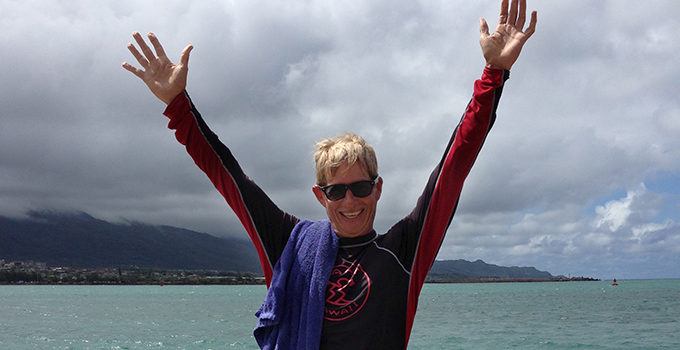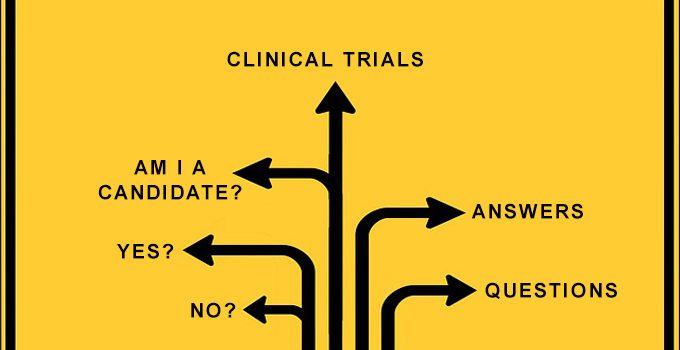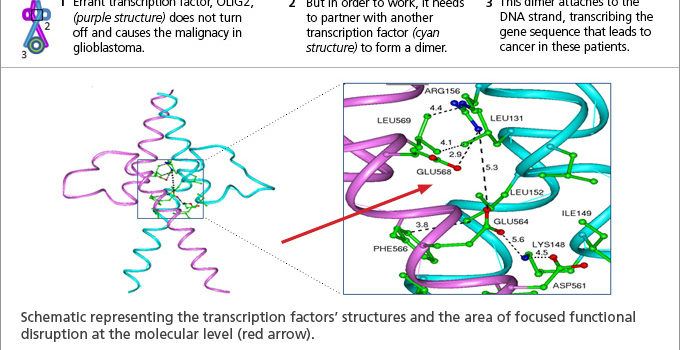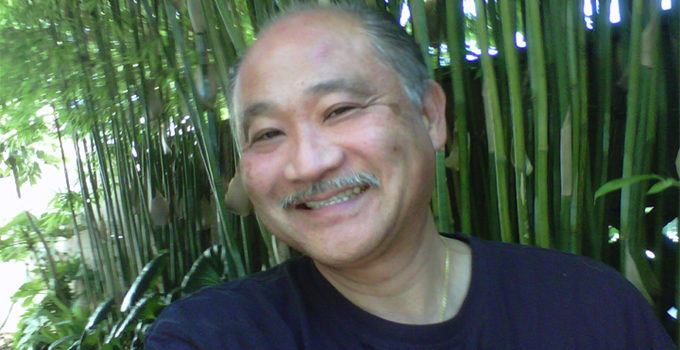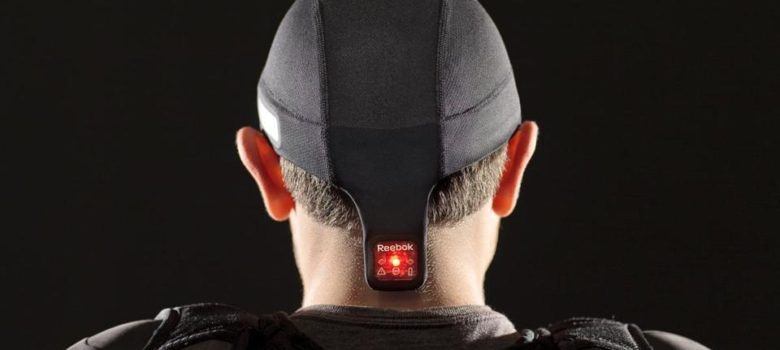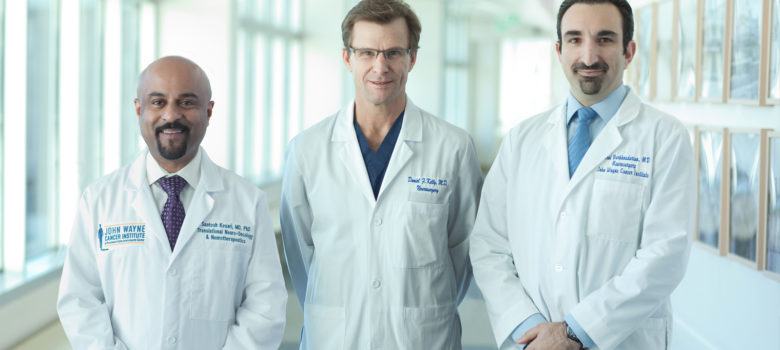
Blog
PATIENT STORY: My Pituitary Surgery was Truly a Team Approach
by Guest Author
Gerald, a retired Neurologist, from Hawaii, developed a recurrent pituitary adenoma in December 2014. His success and experience with the Pacific Brain Tumor Center and Pituitary Disorders Program team have allowed him to go home back to his active lifestyle. * * * * *...
I Have a Brain Tumor. Now What? Ways to Handle a Diagnosis. (Part 2 of 2)
by Sharmyn McGraw
There are many effective treatment opinions nowadays for brain tumors and brain cancers. Sometimes staying focused on the right treatment plan for you or your loved one may involve a change of treatment plans periodically. It is normal to feel anxiety and experience the signs...
I Have a Brain Tumor. Now What? Ways to Handle a Diagnosis. (Part 1 of 2)
by Sharmyn McGraw
One of the most difficult things to hear at your doctor’s visit is that you or someone you love has a brain tumor and/or brain cancer. It is normal to feel a whole range of emotions – disbelief, denial, shock, depression, sadness, resignation, anger and more....
Clinical Trials: Yes or No?
by Annie Heng
Clinical trials are research studies that play a critical role in the advancement of clinical and medical knowledge about disease. Data gathered throughout a trial provides valuable insight into how to detect, prevent or treat an illness. Depending on your condition, your doctor may recommend...
New Computational Strategy Finds Brain Tumor-Shrinking Molecules
by Zara Jethani
Computer modeling identifies first-ever molecule to inhibit a transient cellular event that drives glioblastoma, and the molecule shrinks glioblastoma in mice. The optimal treatment for most gliomas is maximal surgical removal followed by radiation therapy and chemotherapy. However, patients with glioblastoma, a type of malignant...
PATIENT STORY: Pacific Brain Tumor Center
by Sharmyn McGraw
To celebrate International Brain Tumor Awareness week (October 25 – 31, 2015) and the success of so many patients, we would like to bring you the story of Roy. A resident of Rosemead, CA, Roy was diagnosed with a pituitary tumor in late 2014 and...
Traveling Internationally for Medical Care
by Daniel F. Kelly
There is a growing trend among Americans to seek affordable medical treatment options by traveling abroad for their healthcare needs. According to Patients Beyond Borders, medical travelers from the United States seek treatment for a variety of reasons including cosmetic surgery, dentistry and orthopedics, mostly...
Concussions: Looking back, looking ahead (Part 2 of 2)
by Daniel F. Kelly
For most athletes who suffer traumatic brain injury, the best medicine is rest, which gives the brain time to heal itself. But a small number of patients can experience symptoms for a year or more that include headaches, dizziness, vision and balance problems, and trouble...
Welcome to the Pacific Neuroscience Institute Blog
by Daniel F. Kelly
It is a great pleasure to welcome our referring doctors, and our past, present and future patients to the Pacific Neuroscience Institute Blog. We’re thrilled to announce that internationally recognized expert Santosh Kesari, MD, PhD has joined us as the new Director of Neuro-Oncology. He will be heading...
Last updated: May 5th, 2022
